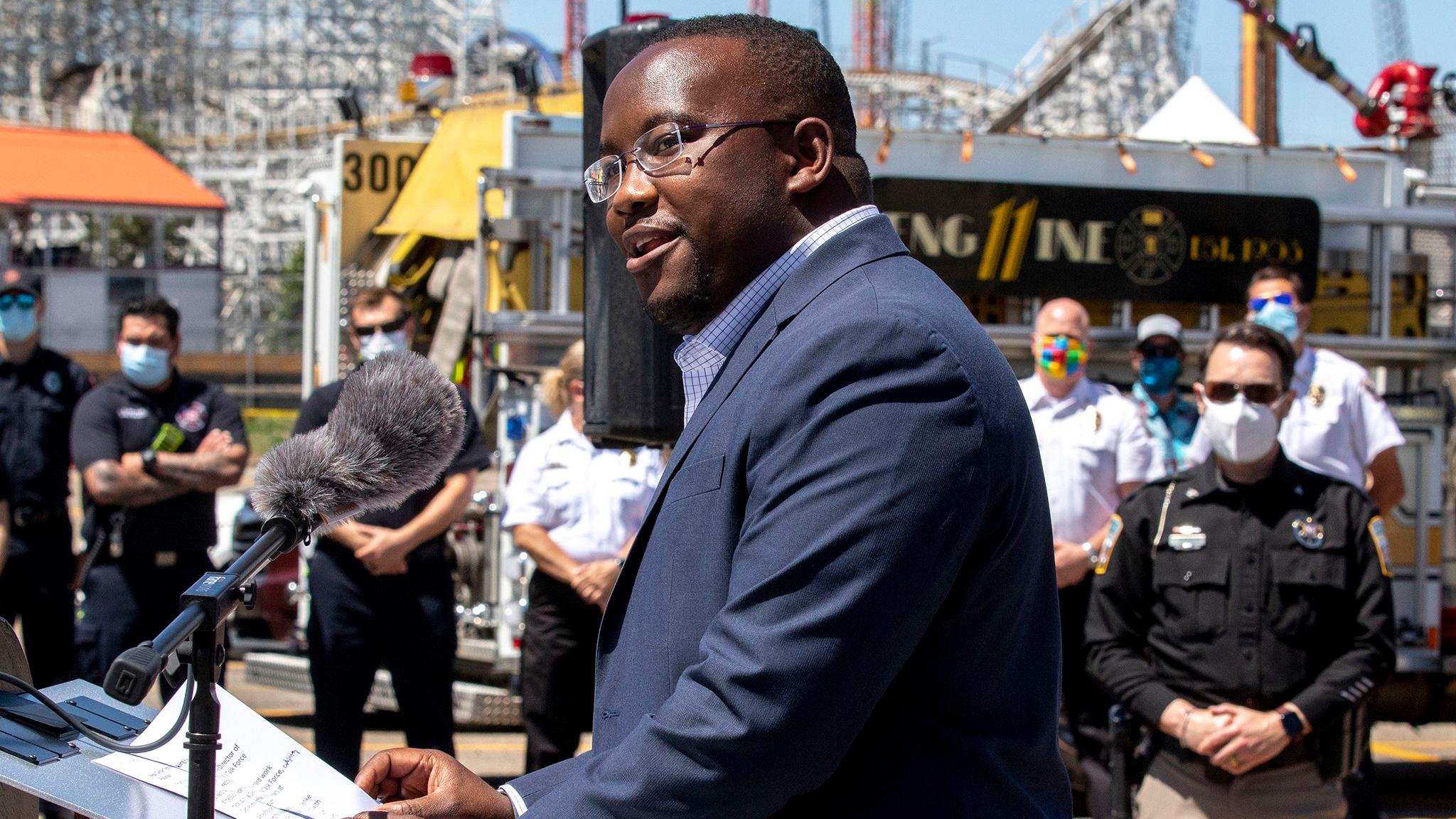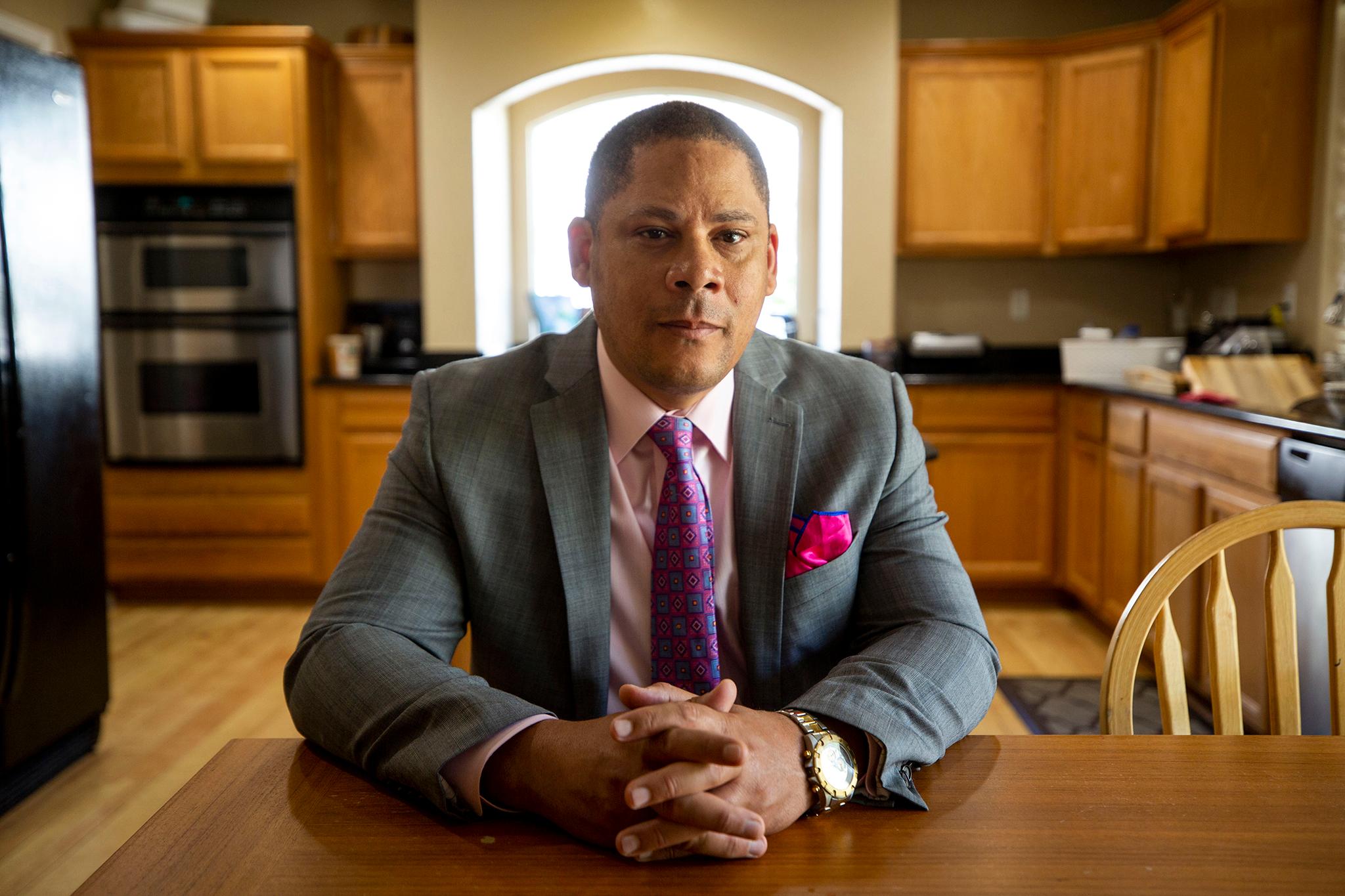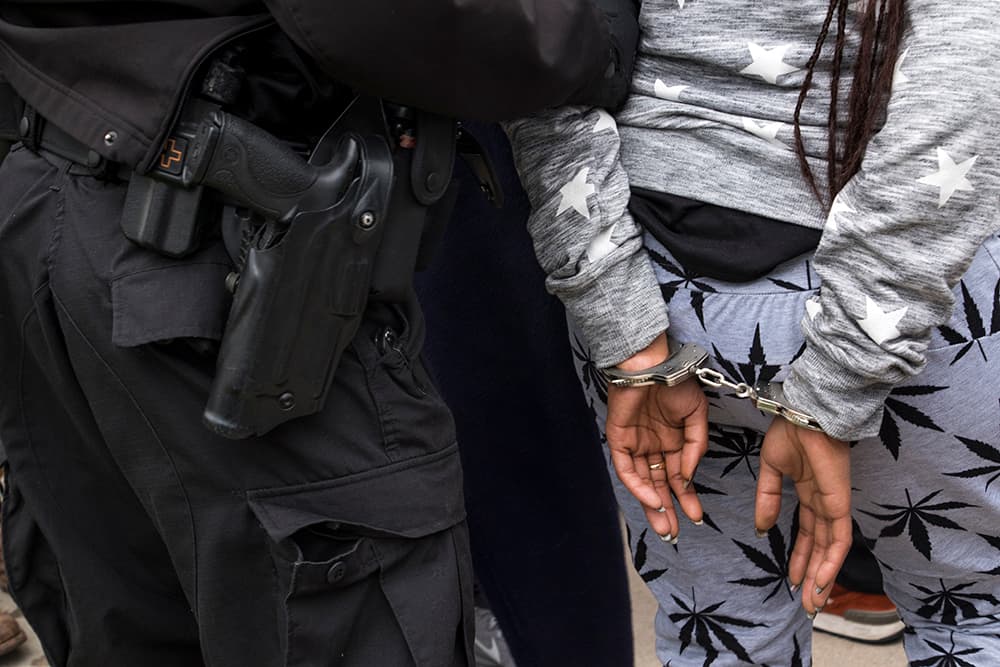On June 17, 2020, after public opinion swelled against the traditional role of policing in cities across the country, Denver Director of Public Safety Robinson committed to a "transformation" of law enforcement that would be led by locals.
"To do this, I believe that we must shut our mouths and open our ears, ready to hear the community and how they want policing and criminal justice and the system to look in the 21st century," Robinson said.
Seven months later, Robinson and his representatives with the Denver Police Department have pulled out of the resident-led task force leading the conversation.
"I was optimistic about the potential these meetings would have to drive positive and collaborative change but must share that I am increasingly concerned about the direction these meetings have taken," Robinson wrote in an email dated Jan. 13 to Robert Davis, who co-leads the Reimagine Policing and Public Safety Task Force.
Robinson claimed that the task force has marginalized the voices of three law enforcement officials in the group. He accused Davis of "directing them to refrain from sharing their thoughts, comments, and experiences, limiting their role to answering questions."
Davis, a pastor, did send a statement to task force members establishing guidelines for how law enforcement officials were to interact with their fellow group members, saying he was trying to establish boundaries between police and members of the task force who have been traumatized and victimized by officers in the past. The statement included anonymous criticism of Robinson by group members, including one who said that when faced with hard questions, Robinson was quick to characterize police as people who suffer daily hardships. In his letter to Davis, Robinson denied that and other characterizations of his actions.


"One of the goals of this Task Force is to create a safe place for community to come together and create a model for public safety that empowers community and promotes well-being," Davis wrote in the December memo. "We also want to ensure that our work is restorative, healing, and trauma eliminating, not trauma producing."
Davis told Denverite he was taken aback by the safety director's letter.
"We were very clear from the very first meeting that the role of law enforcement is advisers and content experts, but that this was a space for community to have a conversation," Davis said.
Before they ducked out, three members of the Denver Police Department and the civilian safety department were on the task force, including Denver Police Division Chief Ron Thomas, Seargent Carla Havard, and Armando Saldate, who runs a street team in charge of working with the city's unhoused. The city government declined to make any of them available for comment.
The task force is supposed to come up with policy recommendations. Davis believes Robinson is trying to discredit the process and, therefore, discredit the results.
"You discredit the messenger, and then you discredit the message," Davis said.
A spokesperson for Robinson denied an interview request Wednesday, saying the public safety director, an appointee of Mayor Michael Hancock, had already promised an interview on the subject to another news outlet.
Robinson decried Davis's group, saying there "has been absolutely no progress for change recommendations from this group in the last 7 months." The group only began meeting four months ago, in September, though it started to form earlier. It's still on track to deliver up to 20 recommendations in March, Davis said.
Robinson has portrayed himself as a reformer since he was appointed in May 2020. In previous interviews, he has touted cutting the city's jail population in half (after the pandemic ramped up) and has reacted to public outcry against police with various reforms to the police department.
In his letter, Robinson also took aim at the members of the task force, a volunteer group made of whoever wants to lend their time.
Robinson noted the lack of representatives from business groups and registered neighborhood organizations.
"That diverse perspective is what is needed to build consensus for meaningful reform. Without it, the group you have convened is little more than a personal sounding board for political views and rhetoric," Robinson wrote.
Davis confirmed that business organizations and registered neighborhood organizations aren't represented in the group but noted that it includes more than 60 people from over 40 community organizations. City Council members or members of their staffs attend almost every -- if not every -- task force meeting, he said. The group's leaders were chosen by members via a survey.
Robinson also rescinded an offer of $50,000 in taxpayer money to help with the task force's expenses. Davis acquiesced, agreeing that the money could present a conflict of interest.
Davis said the decision by the mayor's top civilian law enforcement official to leave the task force is unfortunate. He said without them, it would be more challenging for the group to balance different beliefs regarding the police department and jails -- from divestment and reinvestment to abolishment.
"We're trying to figure out how to manage all of these various perspectives within the task force itself," Davis said. "And this is exacerbated by police pulling out."












